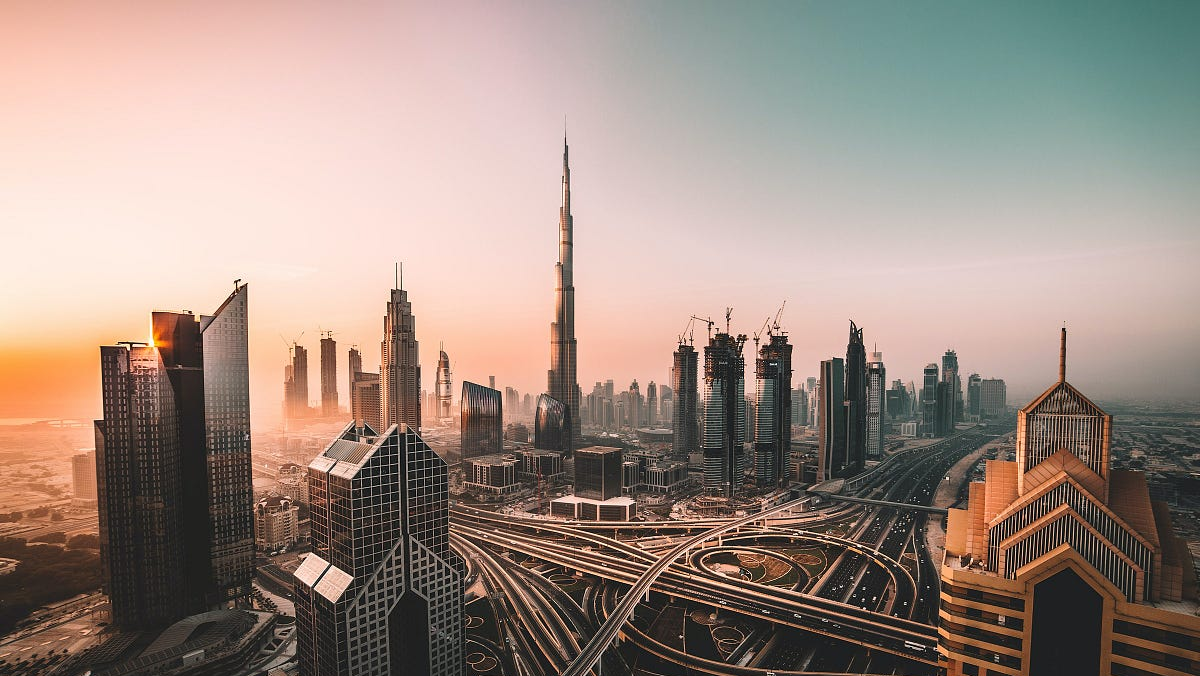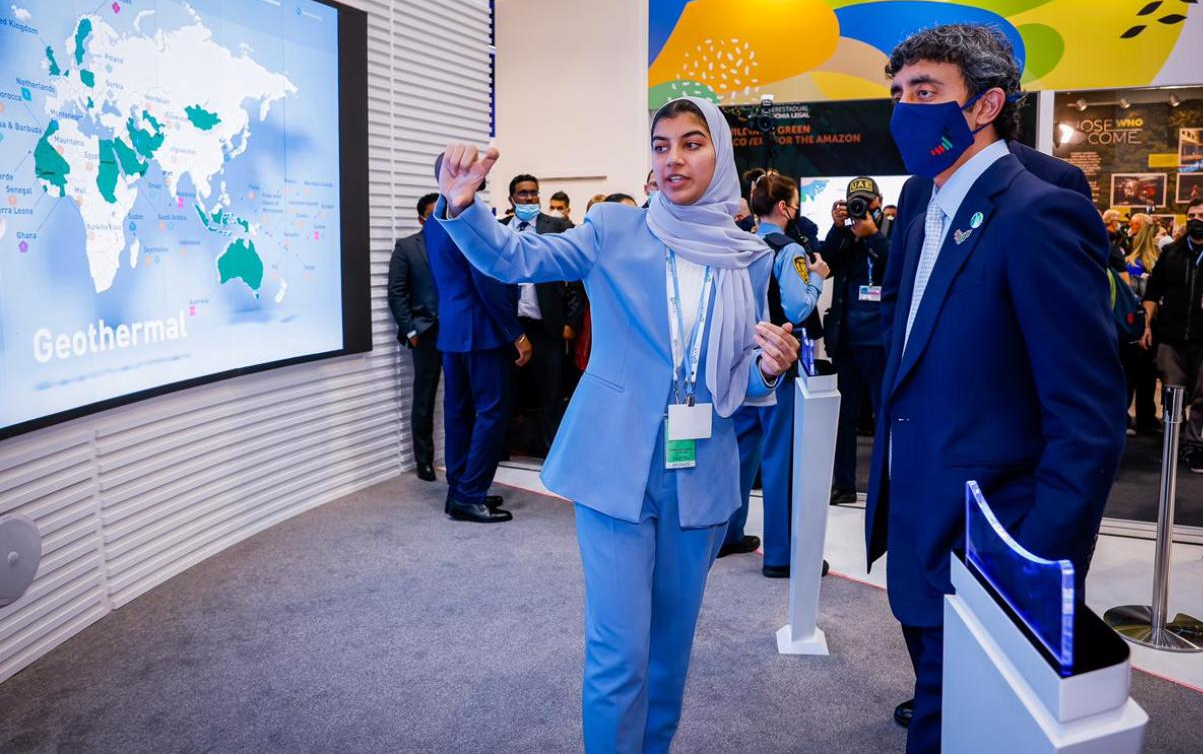Now Reading: Dubai’s Massive Aviation Hub Expansion Will Shock the World 2025
-
01
Dubai’s Massive Aviation Hub Expansion Will Shock the World 2025
Dubai’s Massive Aviation Hub Expansion Will Shock the World 2025
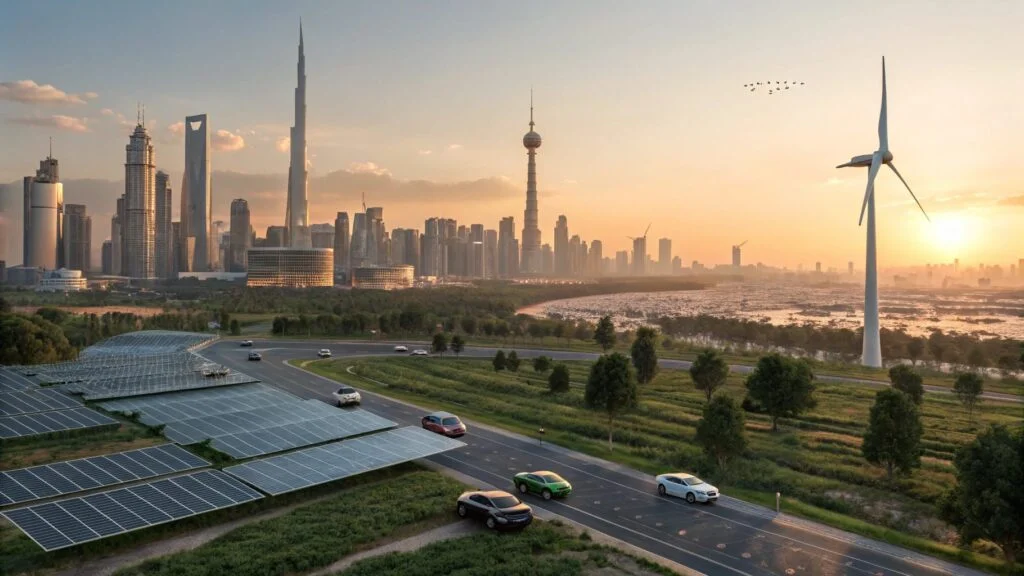
Table of Contents
Dubai, the shining star of the United Arab Emirates, has turned itself into one of the world’s most powerful aviation hubs. Over the past few decades, Dubai’s aviation industry has transformed from a regional player to a global giant, connecting every continent with unmatched efficiency. The success story of Dubai’s aviation hub is a perfect example of visionary leadership, bold investment, and a strategic location at the crossroads of the world.
At the heart of Dubai’s aviation empire is Dubai International Airport (DXB), which consistently ranks among the busiest airports on the planet. DXB handled more than 86 million passengers in 2023, recovering strongly after the COVID-19 pandemic. Its location between Europe, Asia, and Africa has made it the perfect transfer hub, where people from around the world connect through seamless flights.
But Dubai isn’t stopping there. The city is building the future with Al Maktoum International Airport (DWC), located in Dubai South. When fully completed, DWC is expected to handle over 260 million passengers per year, making it the largest airport in the world. Dubai aims to shift a significant portion of its operations from DXB to DWC in the coming years, supporting long-term growth and offering even smoother travel experiences.
Why Dubai Became the Aviation Hub of the World
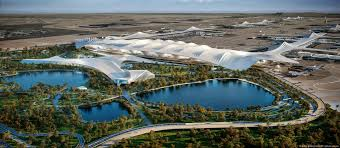
Several factors have contributed to Dubai’s rise as an aviation powerhouse:
- Strategic Location: Dubai sits perfectly between the East and West, making it ideal for connecting long-haul flights. Travelers can easily transfer through Dubai on their way to Europe, Asia, Africa, or the Americas.
- World-Class Airlines: Emirates, Dubai’s flagship airline, has built a reputation for luxury, reliability, and global connectivity. With one of the world’s youngest and largest wide-body fleets, Emirates flies to more than 140 destinations. The airline is supported by flydubai, a low-cost carrier that covers many regional routes, adding to Dubai’s strong aviation ecosystem.
- State-of-the-Art Infrastructure: Dubai International Airport and Al Maktoum International Airport feature cutting-edge technology, smooth immigration procedures, and plenty of amenities for travelers. Passengers enjoy a pleasant, hassle-free experience, from shopping to dining to entertainment.
- Strong Government Vision: Dubai’s leadership has invested billions of dollars to ensure the aviation industry stays at the top. From expanding runways to building futuristic terminals, Dubai has made aviation one of its highest priorities.
- Tourism and Business Growth: Dubai is a major tourist and business destination, attracting millions every year. Events like the Dubai Airshow and Expo 2020 (held in 2021-22 due to the pandemic) have showcased the city’s ambition and capacity to welcome global visitors.
Al Maktoum International Airport: Dubai’s Next Big Leap
Al Maktoum International Airport, often called Dubai World Central (DWC), is a critical part of Dubai’s future aviation plans. The airport opened for cargo in 2010 and passenger flights in 2013, but massive expansion is underway to turn it into the ultimate global gateway.
Once fully developed, Al Maktoum International is expected to feature five parallel runways, 400 aircraft gates, and the capacity to handle 12 million tonnes of cargo each year. This airport will not only reduce pressure on Dubai International Airport but also support Dubai’s growth in trade, logistics, and tourism.
In May 2024, Dubai authorities approved a $35 billion investment plan to accelerate DWC’s expansion. Construction will include a new passenger terminal capable of serving 150 million passengers in its first phase. This expansion is expected to create thousands of jobs and spark new economic opportunities in Dubai South.
Sustainability in Aviation
Dubai is also looking toward greener, more sustainable aviation. Emirates has tested sustainable aviation fuels and explored eco-friendly flight operations. Dubai Airports is adopting energy-efficient systems, solar panels, and waste-reduction programs to help fight climate change. As global travelers become more environmentally conscious, these green initiatives will play a vital role in maintaining Dubai’s reputation as a forward-thinking aviation leader.
The Bigger Picture: Dubai’s Economic Impact
Dubai’s aviation industry is more than just airports and airlines; it is a pillar of the entire UAE economy. According to industry reports, aviation supports around 27% of Dubai’s GDP, providing more than 745,000 jobs directly and indirectly. The constant flow of tourists, business visitors, and trade shipments keeps many other industries alive — from hotels and restaurants to logistics and retail.
Beyond passengers, Dubai is a powerful cargo hub, moving high-value goods from electronics to pharmaceuticals to fresh food. Dubai Cargo Village and Dubai World Central’s logistics district make it easy to distribute goods across the Middle East and beyond. The city’s free zones, modern customs systems, and world-class roads further support Dubai’s position as a gateway for global commerce.
Challenges and the Road Ahead
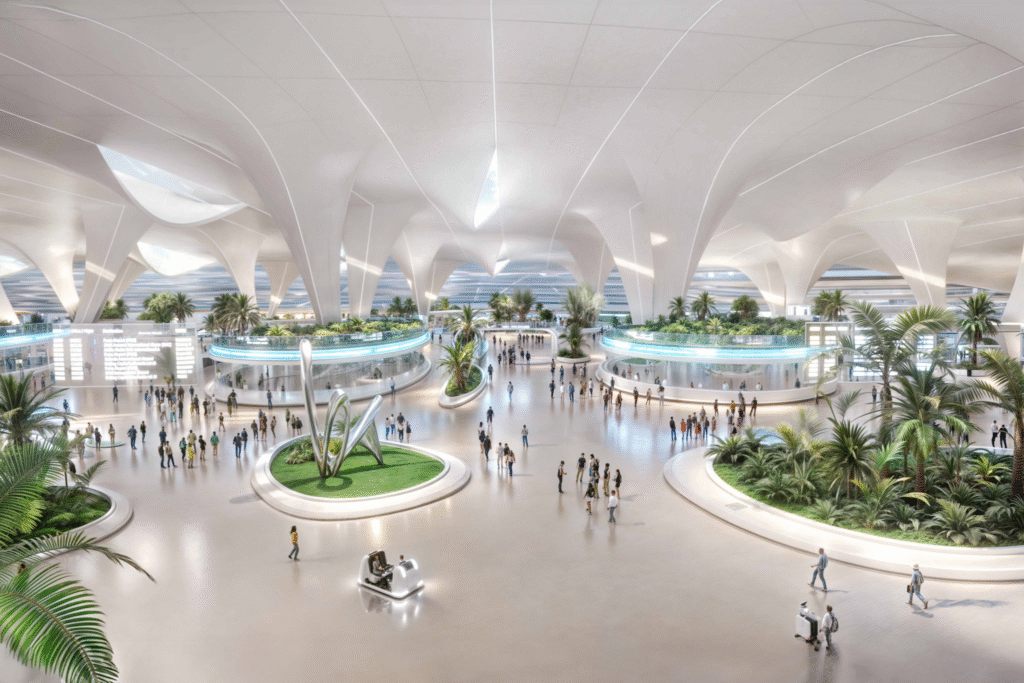
Despite its many successes, Dubai’s aviation hub faces challenges. Global economic slowdowns, geopolitical tensions, and environmental regulations can impact passenger growth. Rising competition from neighboring hubs, such as Doha and Istanbul, also keeps Dubai on its toes.
However, Dubai has proven time and again that it can adapt and innovate. Investments in smart technologies, AI-powered airport systems, and passenger personalization tools are helping Dubai maintain its competitive edge. Dubai’s future vision is not just to move passengers efficiently but to give them an unforgettable travel experience — one that is seamless, safe, and memorable.
Conclusion
From a dusty desert strip decades ago to the largest and busiest aviation hub in the world, Dubai’s journey is truly inspirational. With Dubai International Airport setting records and Al Maktoum International Airport promising an even brighter future, the emirate is well-positioned to remain the beating heart of global aviation for decades to come.
As the world grows more connected, Dubai’s aviation hub will continue to play a vital role in shaping travel, trade, and tourism — proving that bold dreams and smart planning can indeed take flight.
Read More:- Deyaar’s Latest Announcement Shakes Up the UAE Property Market



